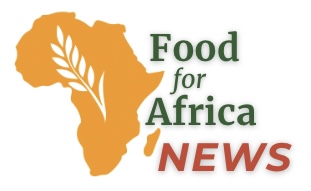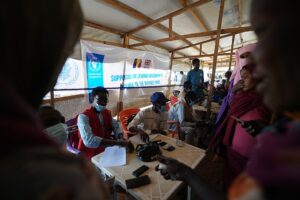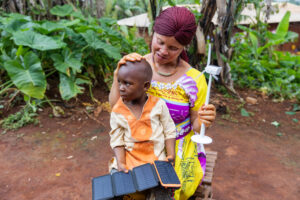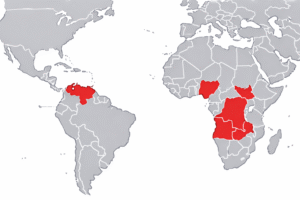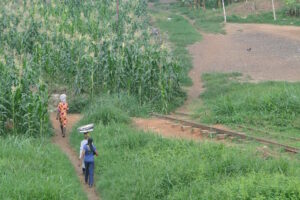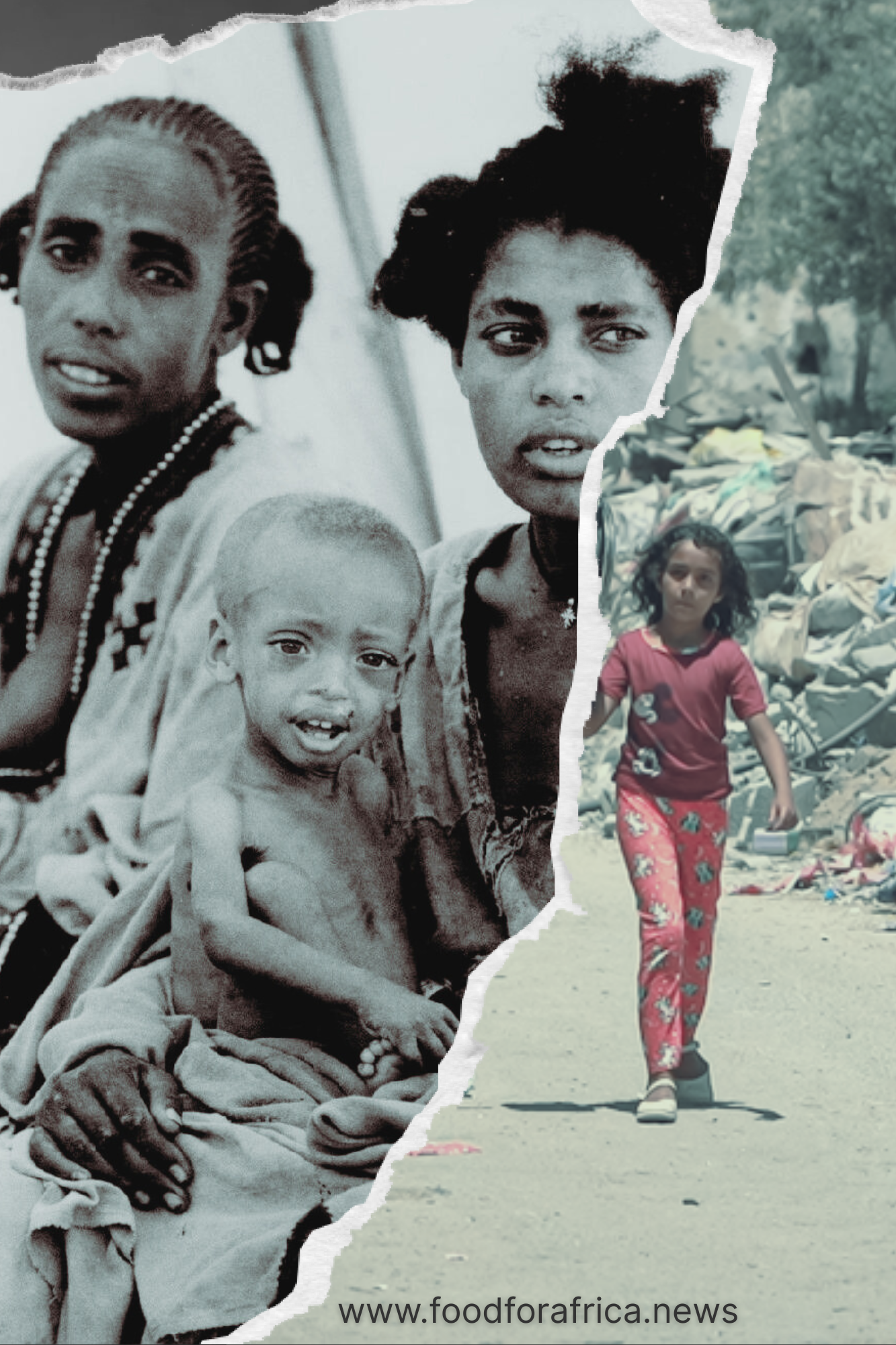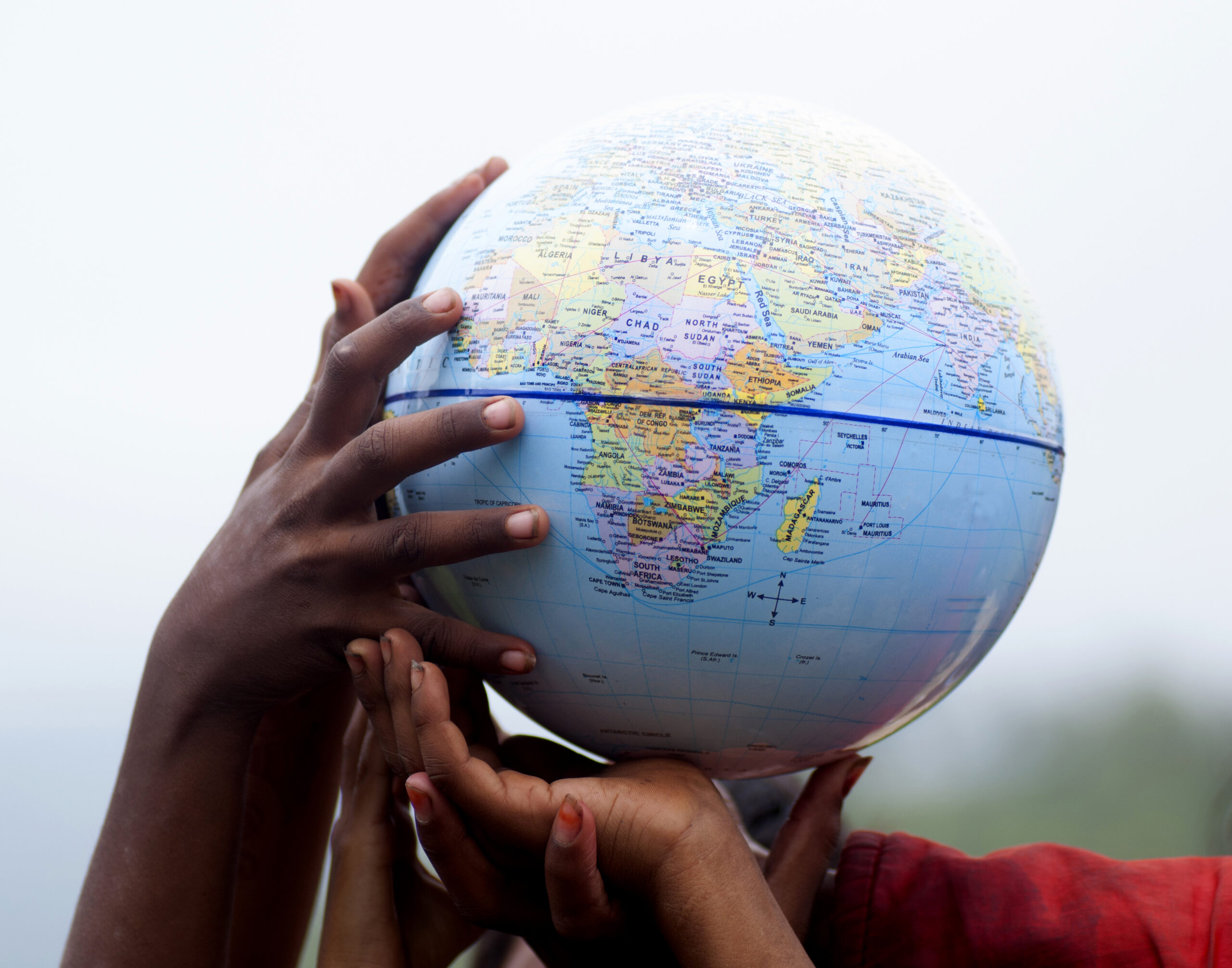From the Middle Passage to one in five Africans without food today, history shows how lives were once lost to chains and now are lost to hunger, and it forces us to ask if hunger will ever be met with the same urgency as war.
Four centuries ago, ships left Africa’s coasts carrying people in chains. More than 12.5 million were forced aboard. About 10.7 million survived the crossing. Brazil alone received over five million. The Caribbean absorbed millions more. 388,000 were taken directly to North America. The scale was global. The suffering was African.
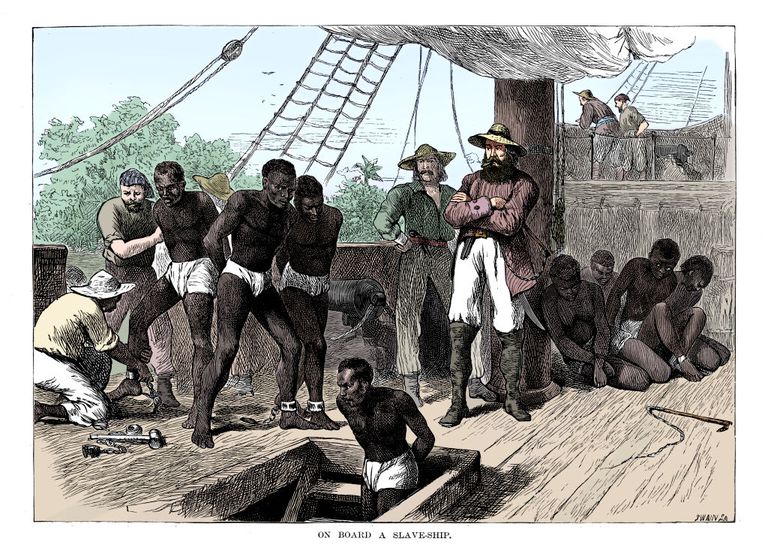
The profits went elsewhere. Liverpool controlled 80 percent of Britain’s slave trade in the 1790s. Nantes led the French trade. Lisbon drove Portugal’s voyages. Rhode Island merchants outfitted North American ships. Governments supported it. When slavery ended in Britain’s empire, 20 million pounds went to slave owners. The enslaved received nothing.
Photo attribution: Joseph Swain, CC BY-SA 4.0 https://creativecommons.org/licenses/by-sa/4.0
The cost in lives was staggering. Historians estimate 12 to 15 percent died on the Middle Passage. They died of dysentery, fever, starvation, suffocation. Many more died on forced marches or in the fields of sugar, coffee, and cotton. Families were broken. Communities emptied. A continent wounded.
The numbers explain the present. The United Nations reports that more than 307 million Africans live with hunger today. That is one in five people. Nearly the same as the population of the United States. Hunger is not just about food. It is about memory. It is about what was taken, what lingers, and what must be faced.
And yet Africa rises.
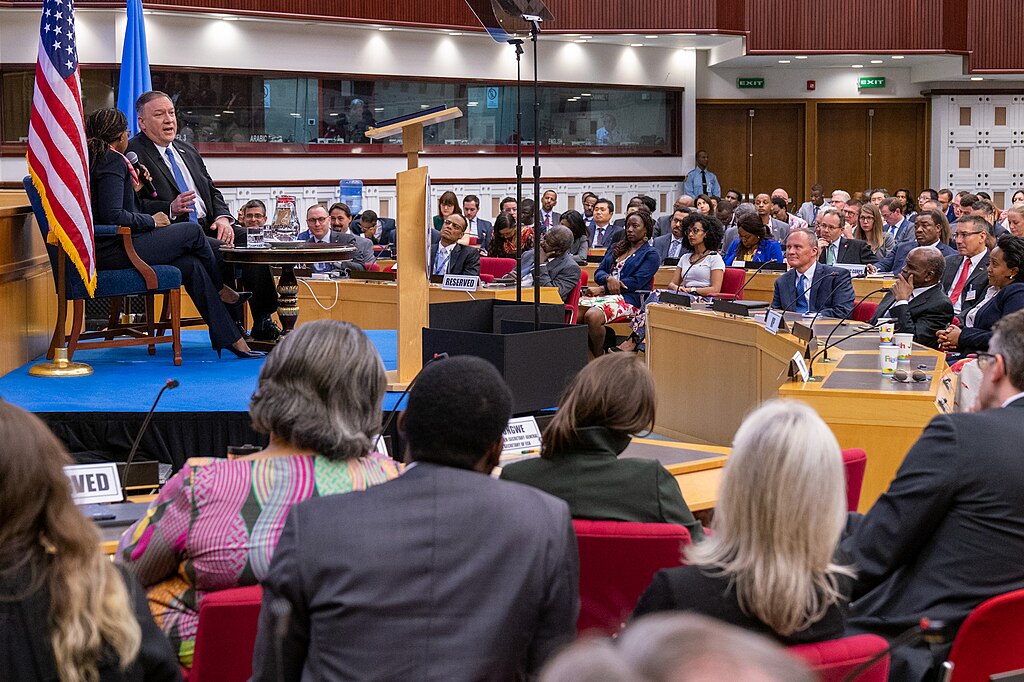
West African economies are expanding faster than the global average. The African Continental Free Trade Area promises the largest single market in the world. Tech hubs grow in Lagos, Nairobi, Accra, Kigali. Farmers, traders, and young entrepreneurs are moving forward despite the past. Progress is real. Strength is visible.
But the comparison is sharp. Afghanistan reconstruction cost 148 billion dollars since 2002, about 16.9 million dollars a day. Iraq reconstruction after 2003 cost more than 51 billion, about 14.1 million dollars a day. Since 2022 Ukraine has received 175 billion dollars in U.S. support, 120 million dollars every day. Africa’s programs are smaller, thinner, less urgent.
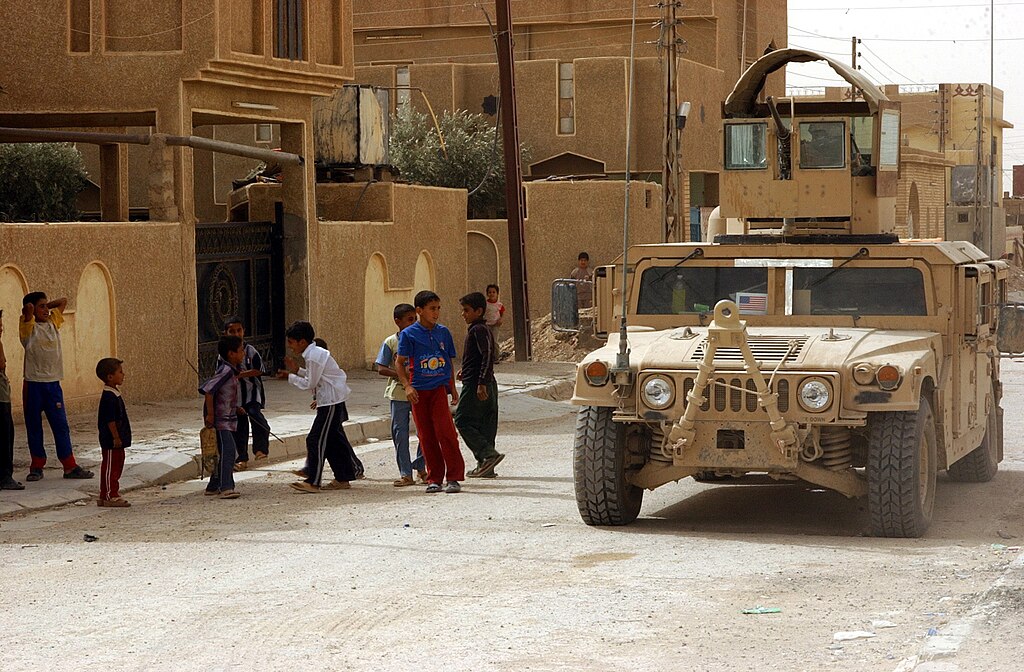
This is not a call for anger. It is a call for balance. Hunger today is not less of an emergency than bombs falling. It is quieter, but just as deadly. If the world can spend 120 million dollars a day to rebuild after war, it can spend more to stop hunger where the wounds of slavery still shape life.
The past cannot be undone. But it can be faced. History is written in hunger, and hunger is the line we cannot ignore. The question is, can today’s hunger be faced with the same urgency as war? Africa’s resilience says yes. The rest of the world must now decide if it will answer.
Sources
- Voyages: The Trans-Atlantic Slave Trade Database – https://www.slavevoyages.org
- Hutchins Center, Harvard University – “Transatlantic Slave Trade” – https://hutchinscenter.fas.harvard.edu/african-slave-trade
- International Slavery Museum, Liverpool – https://www.liverpoolmuseums.org.uk/international-slavery-museum
- UCL Legacies of British Slavery – https://www.ucl.ac.uk/lbs/
- Eltis, David and Richardson, David. Atlas of the Transatlantic Slave Trade (Yale University Press, 2010)
- Food and Agriculture Organization of the United Nations (FAO) – The State of Food Security and Nutrition in the World 2023 – https://www.fao.org/documents/card/en/c/cc3017en
- U.S. Department of State – PEPFAR – https://www.state.gov/pepfar/
- Millennium Challenge Corporation (MCC) Country Compacts – https://www.mcc.gov/where-we-work
- IMF and World Bank – HIPC and MDRI Debt Relief Data – https://www.imf.org/en/About/Factsheets/Sheets/2016/08/01/16/11/Debt-Relief-Under-the-Heavily-Indebted-Poor-Countries-Initiative
- Special Inspector General for Afghanistan Reconstruction (SIGAR) – Quarterly Reports – https://www.sigar.mil/
- Special Inspector General for Iraq Reconstruction (SIGIR) – Final Report – https://cybercemetery.unt.edu/archive/sigir/20131001092430/http://www.sigir.mil/
- Congressional Research Service – U.S. Security Assistance to Ukraine – https://crsreports.congress.gov
Featured photo attribution: Jaber Jehad Badwan, CC BY-SA 4.0 https://creativecommons.org/licenses/by-sa/4.0, via Wikimedia Commons and [1], Public domain, via Wikimedia Commons (modified for collage and in color intensity)
